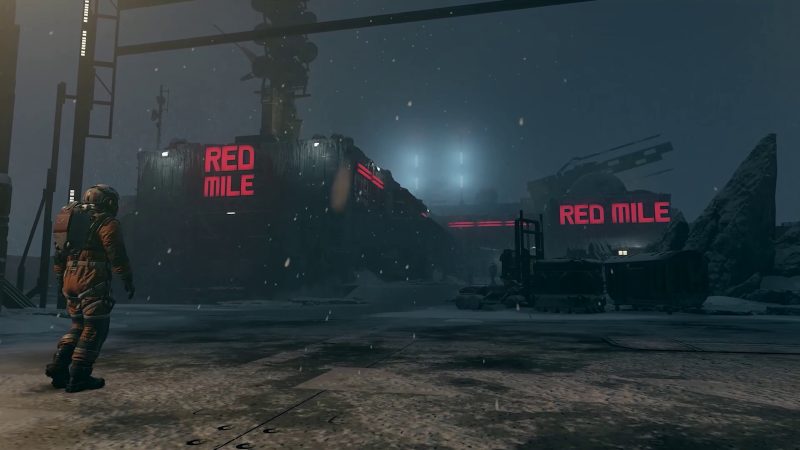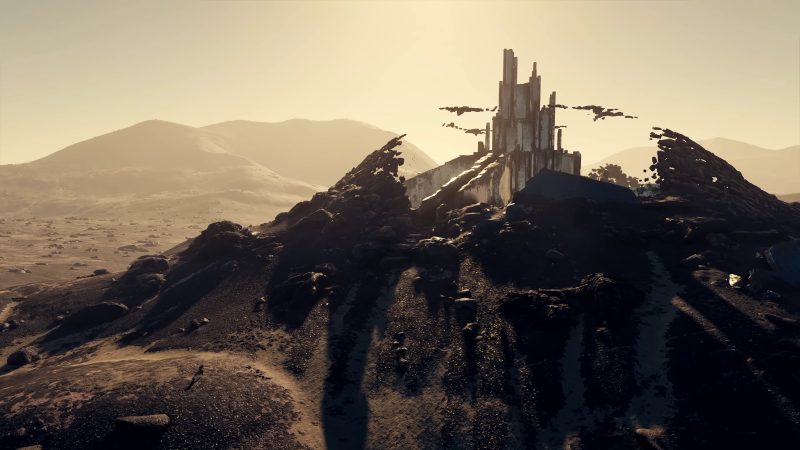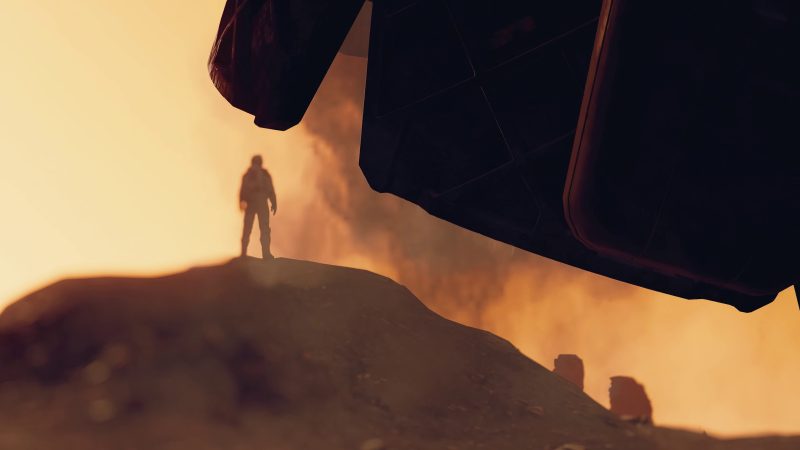Starfield, for all intents and purposes, is an excellent game. As it stands, it holds an 88 score on Metacritic. The score is far from enough to compete with the GOTY frontunners such as Baldur's Gate 3 and The Legend of Zelda: Tears of the Kingdom, but it's still on the higher end of the spectrum. But, as already warned ahead of its Early Access launch, trolls and pundits are waiting for their first chance to let everyone know just how "awful" Starfield is - and that day is about to come.
Come September 6, everyone with a copy of Starfield will be able to leave comments and reviews about Starfield both on Steam and the Microsoft Store. By then, all bets are off as far as what we'll see from hateful users.
To be honest, it's amazing that some people are willing to take the time out of their day just to "hate" on a game that a company staffed by hundreds of people spent thousands of hours making but, alas, that's the world that we live in.



